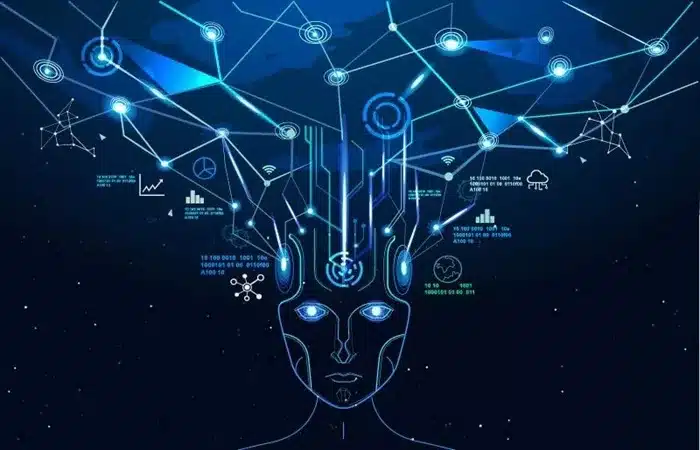LONDON, May 7 – The rise of artificial intelligence (AI) will lead to more frequent and sophisticated cyberattacks targeting the UK, according to senior government minister Pat McFadden. Speaking on Wednesday, McFadden highlighted concerns over the growing threat to British businesses and public institutions, which have faced significant cyber incidents in recent years, resulting in tens of millions of pounds in losses and prolonged disruptions.
In the past three weeks, high-profile British retailers including Marks & Spencer, the Co-op Group, and Harrods have been attacked, with M&S still unable to process online clothing orders. While the companies have not disclosed specifics of the attacks, McFadden warned that AI advancements would amplify both the frequency and severity of future cyber threats.
“Today we are declassifying an intelligence assessment that shows AI is going to increase not only the frequency but the intensity of cyberattacks in the coming years,” said McFadden, who oversees UK cybersecurity as the cabinet office minister. He emphasized the need for the country’s security systems to evolve in line with the tactics used by cybercriminals.
At the National Cyber Security Centre’s CyberUK 2025 conference, McFadden also revealed that the NCSC had received nearly 2,000 reports of cyberattacks last year, with almost 90 of them deemed “significant” and 12 classified as highly severe. This marks a threefold increase in major incidents compared to the previous year.
The recent attacks on UK retailers, he said, should serve as a wake-up call for all sectors – government, public bodies, businesses, and the wider public. “Cybersecurity isn’t a luxury, it’s an absolute necessity,” McFadden stressed.
The government plans to release a new cybersecurity strategy later this year, alongside the Cyber Security and Resilience Bill, which will empower the government to direct regulated organizations to strengthen their defenses.
Both M&S and the Co-op are believed to have fallen victim to ransomware attacks, where cybercriminals lock companies’ computer systems and demand payment to restore access. Richard Horne, CEO of the NCSC, said at the conference that he envisions a future where paying ransoms is no longer considered an option and the business model for attackers no longer works.


